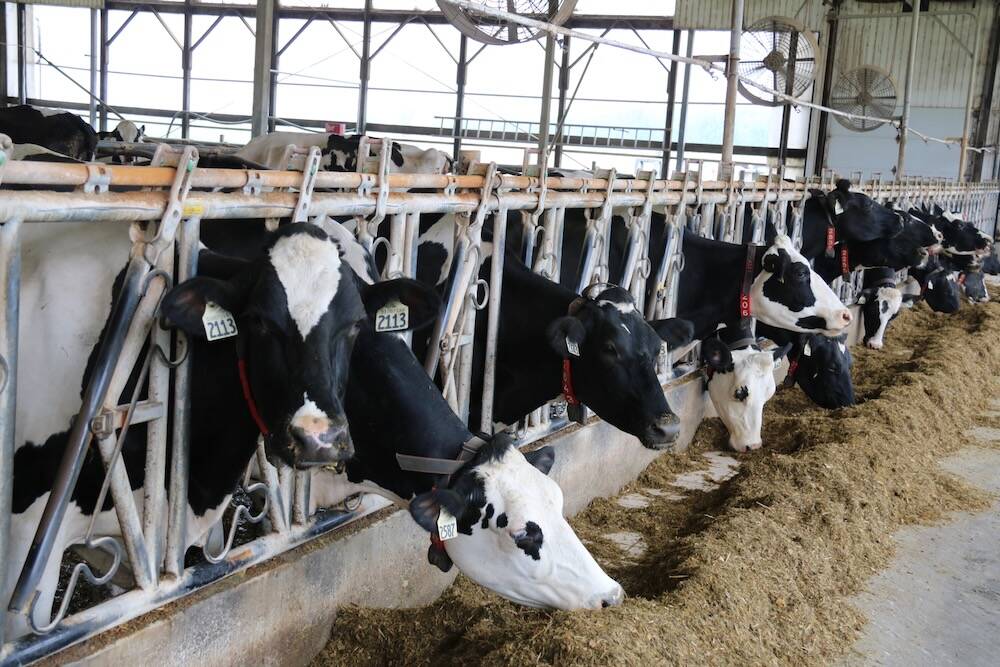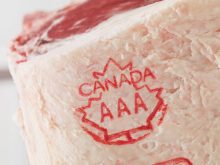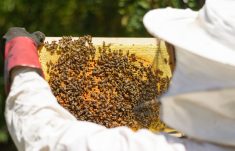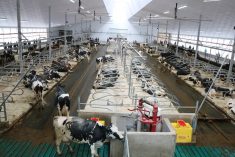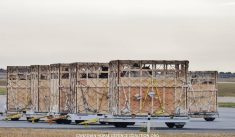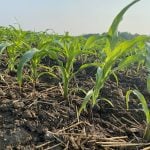The U.S. is in no position to lecture Canada on protectionist dairy policy, according to a new Canadian report.
“In international relations, the pot can call the kettle black — but doing so doesn’t build trust, goodwill, or alliances, and weakens credibility,” said Al Mussell, Agri-Food Economic Systems research lead and author of the policy paper.
Despite criticisms of Canadian dairy policy, the American dairy industry has many of the same protectionist tendencies Canada does, Mussell argued in Throwing Stones from a Glass House: Understanding the US Narrative on Canada Dairy Policy.
Read Also
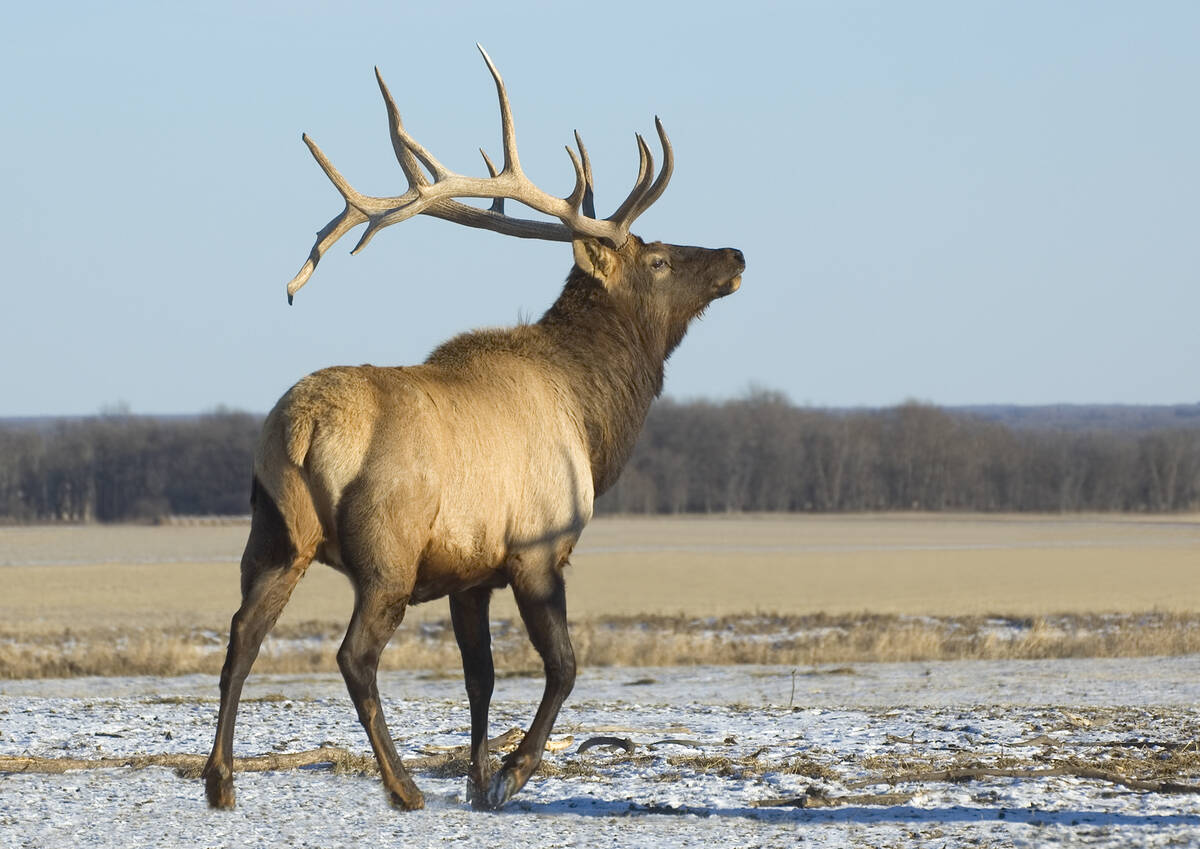
Manitoba Beef Producers targets elk surge, wildlife losses in resolutions
Resolutions at last month’s Manitoba Beef Producers meeting seek help to rein in elk and deer populations, expand fencing supports and improve compensation for wildlife damage.
WHY IT MATTERS: Canada’s supply managed dairy sector has been a target as trade drama with the U.S. continues.
Mussell said in a follow-up interview he thought the paper was important to publish because Canada has had to “sit back and take” criticism from the U.S.
“We seem to be constantly playing defence on this, that some people will begin to take some of the criticisms that the U.S. has lobbed at us, you know, in the context that we’re the party that’s guilty of all these transgressions and so on, and, you know, maybe we should be looking at making fundamental changes ourselves.”
“When the party that’s making these criticism does many of the same types of things themselves, I think that matters a lot in terms of … the public developing their own opinions.”
Complaints from the industry, U.S. president
Earlier this month, U.S. President Donald Trump wrote an open letter in which he accused Canada of charging “extraordinary Tariffs to (American) Dairy Farmers — up to 400%.”
This figure has been disputed, though Canada’s dairy tariffs are over 200 per cent. Mussell said he wasn’t sure where the fnumber of 400 came from.
Recently members of the National Milk Producers Federation in the U.S. told the U.S. International Trade Commission that Canada was undermining American dairy producers’ access to foreign markets with “artificially low-priced exports.”
Despite the frequent American complaints, “there are many similarities in dairy and trade policies between the U.S. and Canada,” Mussell said in a news release.
These policy parallels include pricing milk collected from farms in end-use classes and “barriers to imports that facilitate the operating of their respective milk marketing systems,” the paper said.
In trade policy, both countries use tariffs and tariff-rate quotas (TRQs).
“By my calculations, when you add up the access under tariff-rate quota, under the various trade agreements as well as the WTO obligations, Canada has much more access on its dairy imports under TRQ than the U.S. does,” Mussell said.
“The U.S. has complained about the methodology used to to allocate the import permits under tariff-rate quotas. They don’t like that we allocate them to processors, but actually, that’s how they allocate their import permits”
The two countries are also remarkably similar in how they administer permits and allocate TRQs, Mussell noted.
The U.S. has objected to the allocation of dairy import permits by Canada to processors, “but this is what the U.S. does,” Mussell wrote.
He noted Canada allocates dairy import permits proportional to historical imports or output, and so does the U.S.
Although the U.S. has complained that Canada doesn’t fill some of its dairy import quotas, Mussell said the U.S. leaves many of its own dairy import quotas unfilled.
Meanwhile, the U.S. also employs policy measures that distort markets, like pooling of milk revenue to advantage dairy manufacturing, and non-tariff barriers relating to Grade A milk products that the U.S . employs and Canada does not.
Mussell also noted the crucial differences between the two countries’ systems, like the pricing structure. Canada’s system is based mostly on cost of production. The U.S. pricing structure is more variable, requiring government stabilization program support.
The similarity between the two nations’ dairy trade policy presents an opportunity for alignment, Mussell concluded.
Mussell said he hopes the policy note will lead to a better basis for trade negotiations, with Canada understanding what the U.S. wants from its northern neighbour and how Canada may be able to accomodate it with a more pragmatic approach.
“I think that’s the biggest thing, really, is how do we engage with the Americans and not feel like they’ve got one over on us, because they’ve highlighted all these transgressions? They’re not transgressions. And the Americans have a very similar system themselves.”


